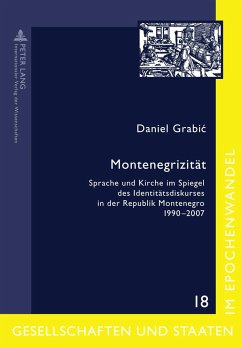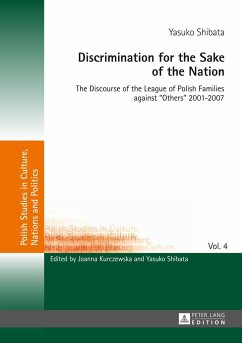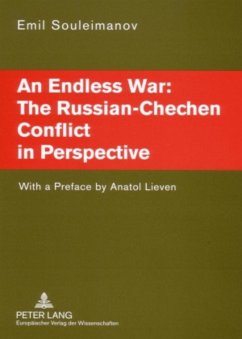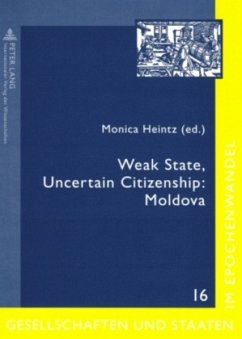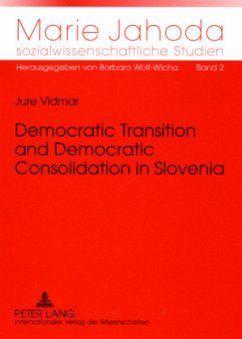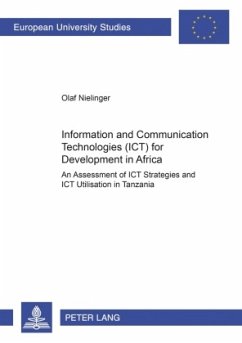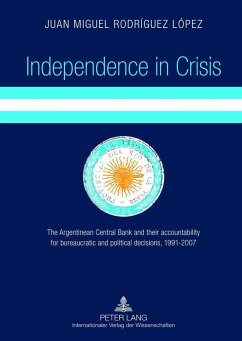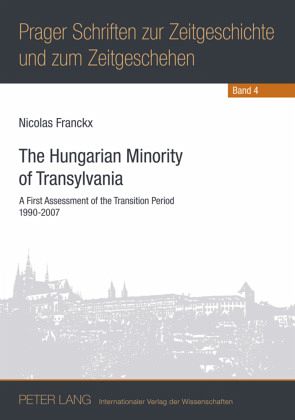
The Hungarian Minority of Transylvania
A First Assessment of the Transition Period 1990-2007
Versandkostenfrei!
Versandfertig in 6-10 Tagen
42,15 €
inkl. MwSt.

PAYBACK Punkte
0 °P sammeln!
The Hungarian Minority of Transylvania gives an overview of the Hungarian minority's situation between the end of Communism and Romania's entry into the EU. In the historical foreword, the author sets the scenes while re-creating the dialectic relation between both nations. The author also provides a theoretical background on minority rights, with the goal to define to which minority sub-category belongs the Hungarian minority of Romania. The third section of the study reviews the minority rights legislation in force in Romania in 1990-2007 (international texts, bilateral treaties, Romanian le...
The Hungarian Minority of Transylvania gives an overview of the Hungarian minority's situation between the end of Communism and Romania's entry into the EU. In the historical foreword, the author sets the scenes while re-creating the dialectic relation between both nations. The author also provides a theoretical background on minority rights, with the goal to define to which minority sub-category belongs the Hungarian minority of Romania. The third section of the study reviews the minority rights legislation in force in Romania in 1990-2007 (international texts, bilateral treaties, Romanian legislation). The last chapter presents an overview of the situation in the field, using reports by international human rights organisations, local NGOs and civil rights activists.



